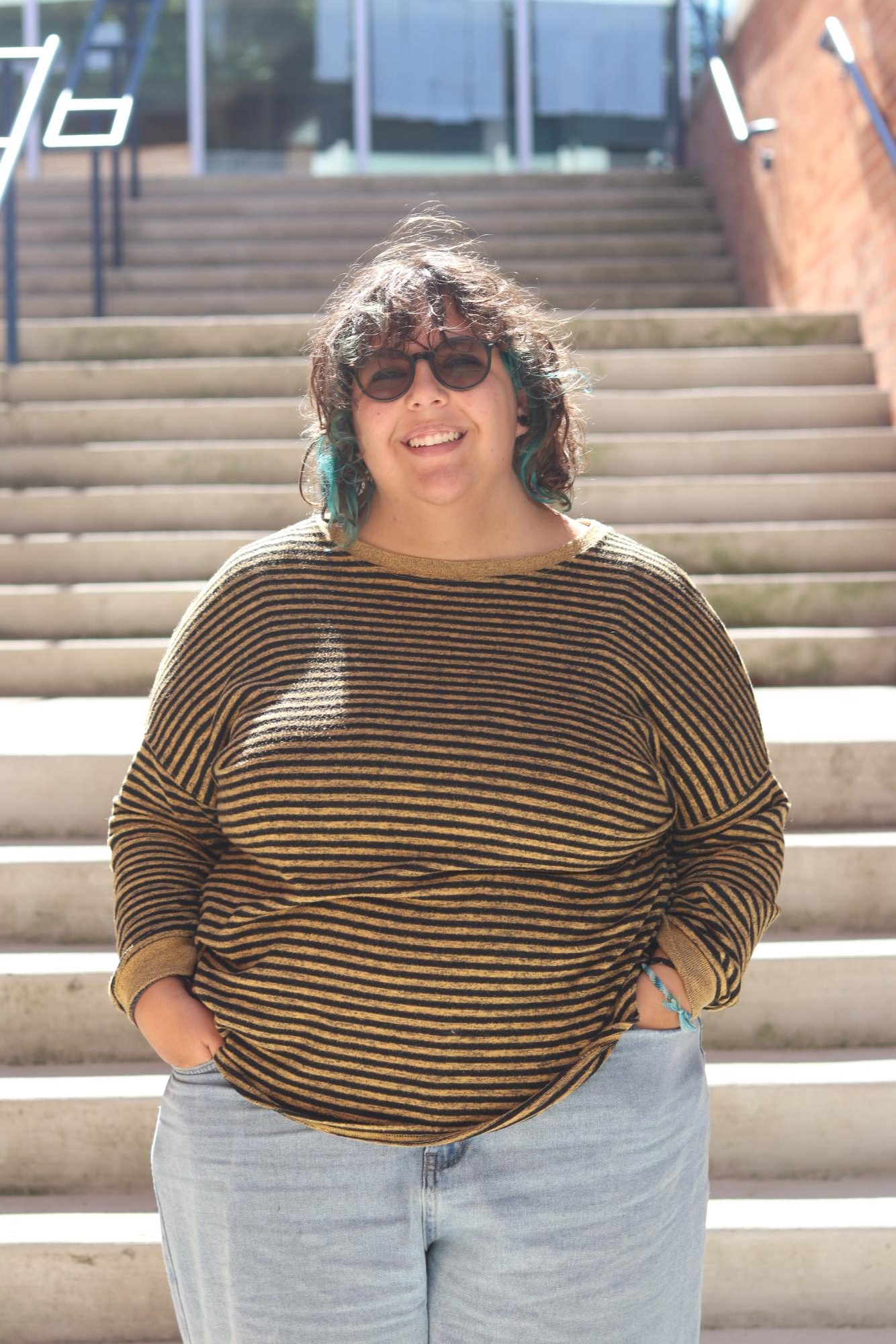 It’s a normal Tuesday afternoon and you just got home from school and decided to get started on your homework. You open up your planner to find that you have a 20-page chapter of assigned reading from biology, on top of another 30 pages of assigned reading from your English class. It’s overwhelming and you just don’t know where to start, so you don’t start at all.
It’s a normal Tuesday afternoon and you just got home from school and decided to get started on your homework. You open up your planner to find that you have a 20-page chapter of assigned reading from biology, on top of another 30 pages of assigned reading from your English class. It’s overwhelming and you just don’t know where to start, so you don’t start at all.
Schools have a habit of making reading feel un-fun. In elementary school, there are reading programs that require you to reach a certain number of points from the books you read. In middle school, you get assigned reading for class. In high school and college, the assigned reading gets excessive and often overwhelming.
After spending two hours reading a chapter in their textbooks, the last thing that a student wants to do is read more. It’s like a bad all-you-can-eat buffet: you eat so much bland and boring food that you can’t stand the idea of dessert. Students agree. Schools simply assign too much reading.
Senior Cameron Miller says she would read more if not for all the school reading she has to do.
“I have like, 3 books [to read for fun] on my list right now,” said Miller.
What a lot of adults, both administrators and parents, fail to realize is that most kids don’t actually dislike reading, they just dislike the books that they’re forced to read. If you only expose kids to books written fifty years ago, you risk many of them losing interest in reading. Having students read books that are irrelevant and uninteresting to them will only dissuade them from reading.
“I really enjoy reading depending on the book; however, I hate any assigned reading, reading with due dates and needed annotations takes the joy out of reading,” said junior Sam Fletcher.
Young readers need to be exposed to a variety of books in the classroom. As much as student may love Gary Paulson’s “Hatchet,” that’s not going to help them discover a possible love of comics. Students deserve to be exposed to all genres of literature, both novels and comics included.
With an expansion of the types of books in a classroom, there may come a concern that historic and culturally significant books will start to be ignored. Those books should definitely be studied, but there has to be a limit. Books like “The Great Gatsby,” “Beowulf” and Shakespeare’s works should be read and studied because they are significant to the history of literature. Still, these works don’t have to be taken home by students every night for them to read fifty pages they can’t relate to.
Senior Jaykwon Noble says he likes reading when it’s interesting to him, but hates reading when it’s forced. Math teacher Adam Hosler agrees with him.
“I fully believe that when you’re forced to read a book, you’ll hate it,” said Hosler.
Reading is a hobby, and like most hobbies, it’s also a skill. The way to improve in a skill is to practice, and the way people practice reading is by reading more. Everyone progresses in skill at a different rate, but kids don’t always end up at the level they’re expected to be at.
Journalist Emily Hanford wrote an entire article for APM Reports titled “How a flawed idea is teaching millions of kids to be poor readers” about how school reading curriculums can hurt kids more than they help.
In her article, Hanford does a deep dive into why the three cues method, which tells kids to use the pictures, figure what kind of word would fit, or simply skip it altogether. This method of teaching reading doesn’t work for most kids. It makes sense that kids who are being taught an ineffective way to read would grow up to dislike it. This poor teaching method only creates a greater gap between the kids who thrive in reading and those who struggle.
So now, you have kids who grow bored with reading because everything they’re reading is too easy for them, and you have kids who start to hate reading because they’re being an ineffective method. Either way, it’s discouraging.
Schools need to find a balance between having students study historically important books and allowing them the freedom to read what they want. Schools have to allow kids to read at their level, regardless of if that’s higher or lower than where they’re expected to be.
English teacher Kelly Stetten says it’s an issue with time, both for teachers and students. “Being able to adhere to the standards,” Stetten said, “and teach the curriculum while allowing that choice [of what to read] can be hard.”
Reading is about education and information, but it’s also about a good story and having fun, and schools need to learn to embrace that part of it.
“Reading can be as fun as binge watching your favorite Netflix series,” said Stetten. “It can be like that, you just have to find the right thing.”


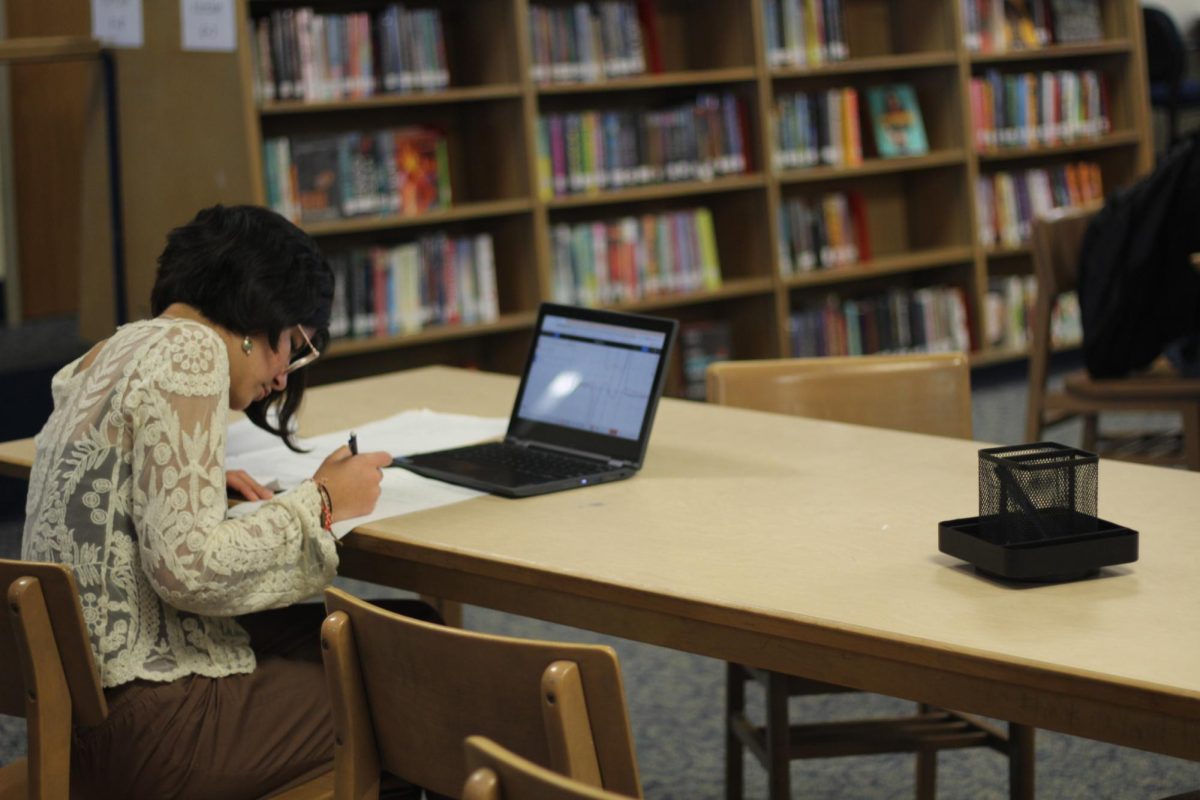




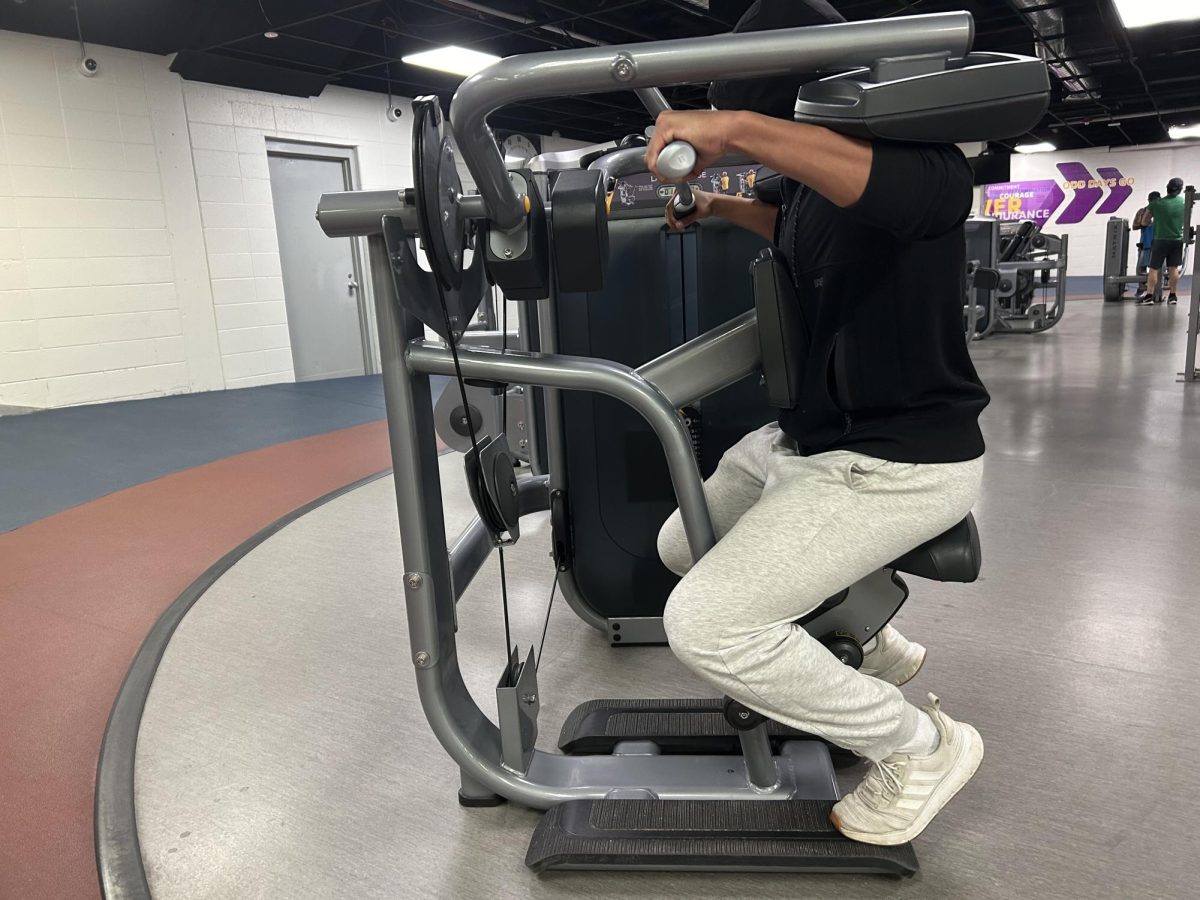
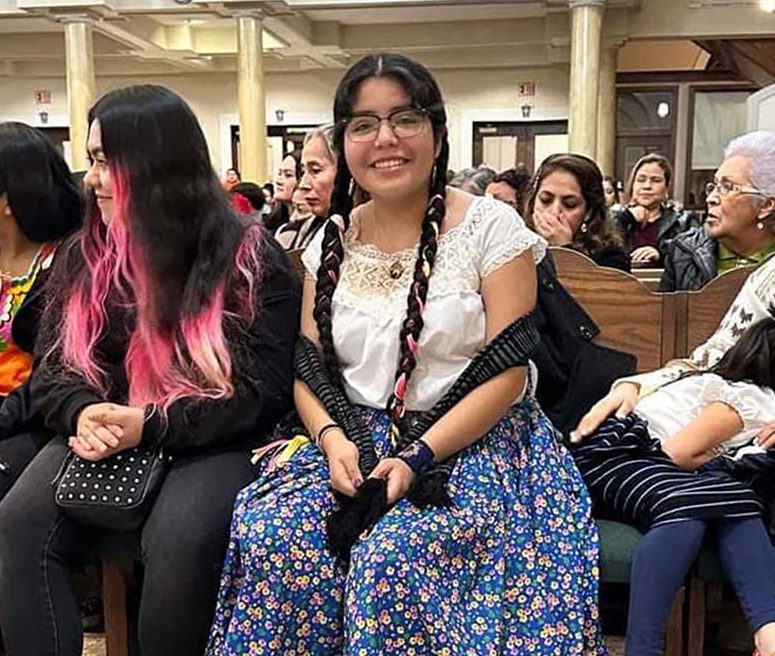
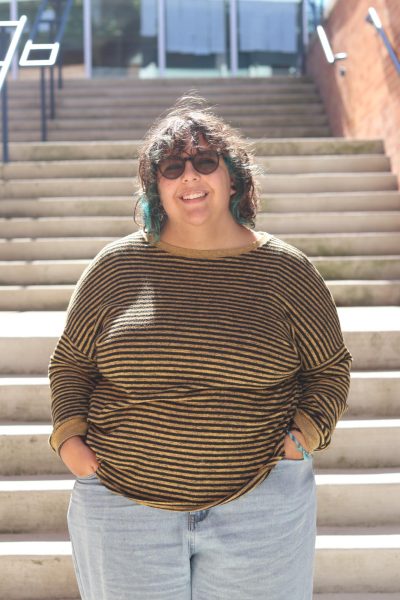
Kreider • Nov 29, 2023 at 5:08 pm
This is an excellent and important article. Great work!
Anon • Nov 27, 2023 at 2:51 pm
Appreciate the inclusion of Emily Hanford’s article. She’s come out with several informative pieces, including the 6-part podcast called Sold a Story: How Teaching Kids to Read Went So Wrong. And this article from NowKalamazoo came out last spring highlights a program that was used in KPS for years and included the cueing system, “Reading Recovery, or regression?: KPS is using a reading program that recent studies show to be ineffective and potentially harmful.”